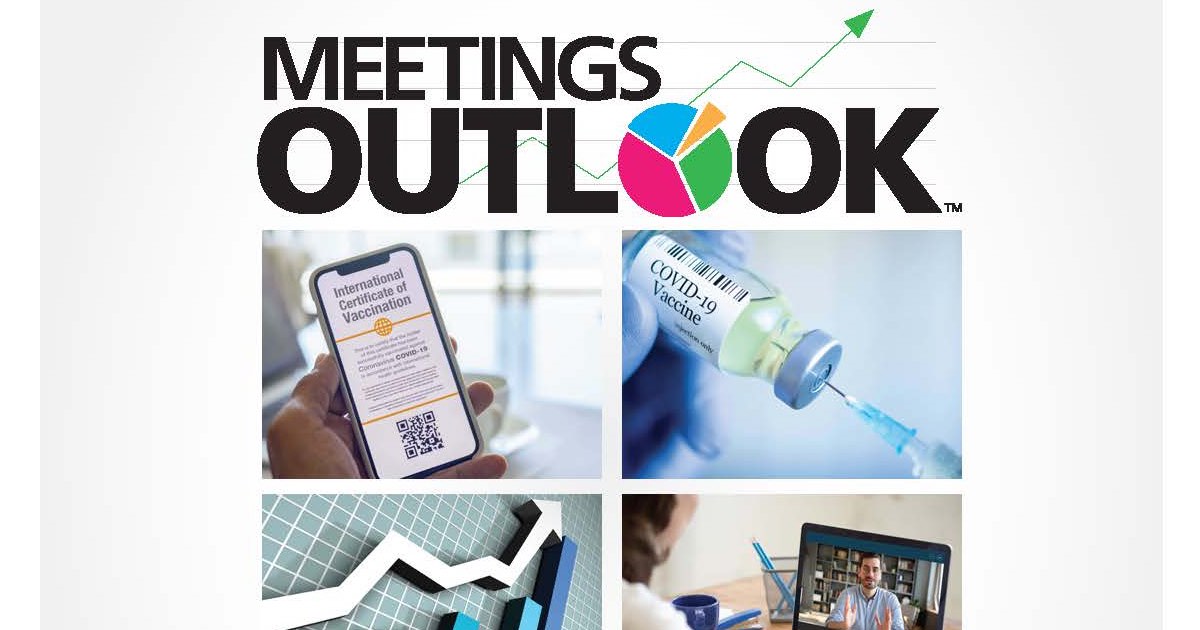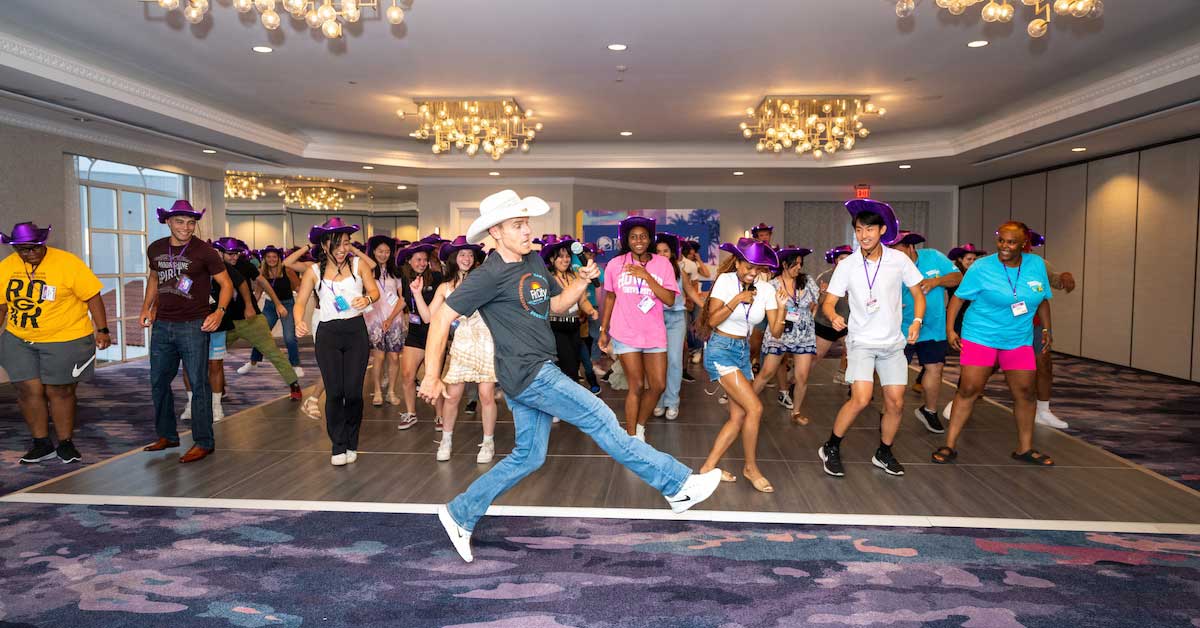The overall business outlook for the next 12 months is the most favorable seen in the history of the Meetings Outlook survey with 81 percent of respondents predicting a positive 12 months ahead. There’s surely a lot of hope and optimism tied to that result, however, with more industry professionals clearly envisioning a post-pandemic business landscape as vaccine availability continues to grow and businesses begin reopening.
Is your staff vaccinated? Must your attendees be vaccinated? The debate du jour involves so-called “vaccine passports” and their place in the meeting and event industry.
In March, South Beach Food and Wine Festival organizers announced that participants of their event will have to provide proof of a negative COVID-19 test or proof of vaccination against the virus in order to enter. This was countered with the Florida governor’s executive order banning vaccine passports, which was signed several weeks later. Still, the event’s organizers intend to go forth with their planned safety precautions when the festival happens later this month.
Only 19 percent of Meetings Outlook survey respondents expect their employer will mandate COVID-19 vaccinations for staff. An even smaller percentage (12) expect their organizations will mandate such vaccinations for participants of their in-person meetings and events. However, in both instances, there remains quite a bit of uncertainty—35 percent being unsure if their company will require staff to be vaccinated and 43 percent unsure if their company will require in-person event attendees to be vaccinated.
Vaccination requirements are nothing new to well-traveled business professionals. Still, pop-doc Drew Pinsky tweeted, “These vaccine passports segregate people and strip them of their freedom to travel internationally. Vaccinations are important, and I encourage everyone to get the Covid [sic] vaccine, but how would you feel if international travel also required other vaccinations?” He apparently did not realize that certain vaccinations have long been required for travel to and from specific countries. For example, the U.S. requires some incoming travelers to have proof of a variety of vaccinations prior to being eligible to enter the country. However, international travel and event attendance are not quite the same animal.
Metro Seattle-based Therese Jardine (MPI Washington State Chapter), principal at Strategic Event Procurement, noted in the survey that she was unsure if she’d start seeing mandatory attendee vaccination in the events with which she works. She says there are some important distinctions between longstanding mandatory travel vaccinations and the situation with COVID-19.
“[The required] vaccines are well studied and have been in use for years, [whereas] the COVID-19 vaccines are all being used with Emergency Use Authorization and have not been fully approved,” she says, while noting her support for vaccinations, including those for COVID-19. “[However], requiring someone to receive a treatment that might be considered experimental rubs many the wrong way.”
Additionally, Jardine explains, vaccines for meningitis, polio, yellow fever, etc., are not in short supply, while COVID-19 vaccines aren’t yet fully available worldwide.
“Finally, the conversation around COVID vaccines spans beyond foreign travel, and into daily life activities here at home—sporting events, concerts, conferences,” she says. “We’ve never had to produce a health certificate to attend [those], so I think it hits a nerve.”
Healthcare privacy concerns as well as the practicalities of mandating vaccination for event attendees but not for consumers shopping, dining out or going to movie theaters all add to the disconnect.
“Over the course of a single day of business, any of these establishments could have just as many people coming through as at a small- to medium-sized event,” Jardine says. “I don’t think these are inherently less risky than an event.”
Because of all of those points—and more—she believes it would be difficult to mandate vaccination for attendees. It’s worth keeping in mind also that the research is not yet conclusive as to whether or not vaccinated individuals can still spread COVID-19. Jardine shares a less controversial middle ground that would still bolster safety of participants.
“I think a decent compromise is voluntary proof of vaccine and/or proof of a negative COVID test within x days of arrival,” she says. “COVID tests are now generally available, and, as far as I know, pose no danger to anyone’s health. There are a lot of examples of destinations requiring testing, and there doesn’t seem to be the push-back like we’ve seen with mandatory vaccines. If the goal is to prevent the spread of disease, I think testing goes a long way toward that.”
Read more about the vaccine passport debate and more in the full Meetings Outlook report. Meetings Outlook is supported in partnership with IMEX Group.



.jpeg?sfvrsn=96553155_2)



